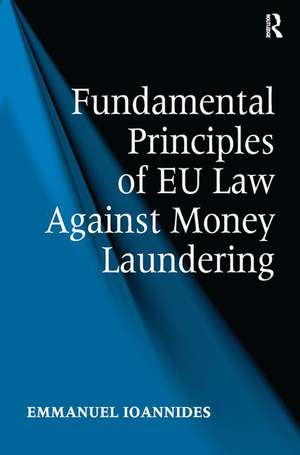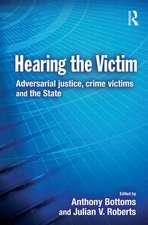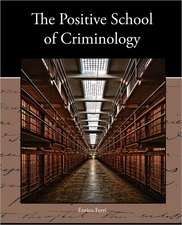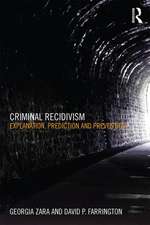Fundamental Principles of EU Law Against Money Laundering
Autor Emmanuel Ioannidesen Limba Engleză Paperback – 9 ian 2017
Preț: 338.33 lei
Preț vechi: 386.78 lei
-13% Nou
Puncte Express: 507
Preț estimativ în valută:
64.74€ • 69.23$ • 53.98£
64.74€ • 69.23$ • 53.98£
Carte tipărită la comandă
Livrare economică 17 aprilie-01 mai
Preluare comenzi: 021 569.72.76
Specificații
ISBN-13: 9781138637542
ISBN-10: 1138637548
Pagini: 202
Dimensiuni: 156 x 234 x 20 mm
Greutate: 0.45 kg
Ediția:1
Editura: Taylor & Francis
Colecția Routledge
Locul publicării:Oxford, United Kingdom
ISBN-10: 1138637548
Pagini: 202
Dimensiuni: 156 x 234 x 20 mm
Greutate: 0.45 kg
Ediția:1
Editura: Taylor & Francis
Colecția Routledge
Locul publicării:Oxford, United Kingdom
Notă biografică
Emmanuel Ioannides is an AML/Compliance expert. He is a qualified jurist and works as an independent advisor.
Recenzii
'I am very happy to recommend this excellent and detailed book on what is an extremely important subject. Anyone with an interest in the prevention and control of money-laundering should read this book.' Andrew Campbell, University of Leeds, UK 'An exceptionally well researched book on the principles of the law in the EU, England and Wales on the prevention of international economic crime. The author explains how the reporting system and the exchange of financial intelligence constitute an integral part of the global Anti-Money Laundering Regime, and analyses the obligations imposed on the investigative authorities. This book is essential reading for judicial bodies, regulators, professionals, academics, and law students.' Dr Giuseppe Calà , SC, New Court Chambers, London, UK ’An exciting new addition to the libraries of academics and practitioners, this exceptional research sheds light into the theory and practice of the control of international economic crime in the EU. Its main contribution to the field, apart from the originality of the research, is its dual nature as a wonderfully researched academic exposé of the legislative framework coupled with a creative critique on how this applies in practice. A must for practitioners, a must for academics and postgraduate researchers.' Helen Xanthaki, University of London, UK
Cuprins
Introduction; Part I Basic Principles; Chapter 1 The Rationale of Money Laundering Controls; Chapter 2 How the Criminal Enterprise is Resisted and Disrupted; Chapter 3 Transnational Organised Crime and Corruption; Part II Advanced Principles; Chapter 4 Restructuring Unaccountable Wealth and the Tax Issue; Chapter 5 Disclosure of Offences, the Anatomy of the Conspiracy Charge and the Burden of Proof; Chapter 6 Financial Intelligence; Chapter 7 The Impact of the Retention of Personal Data on the Rights of Unconvicted Persons and the Effects of Financial Regulation on Businesses; Chapter 8 Conclusion;
Descriere
This book critically analyses fundamental principles of EU law for the control of international economic crime. Discussing how the reporting system and the exchange of information are at the heart of the global anti money laundering regime, the study also looks at the inferential force of financial intelligence in criminal proceedings and the responsibilities this places on prosecutors and criminals alike.

















